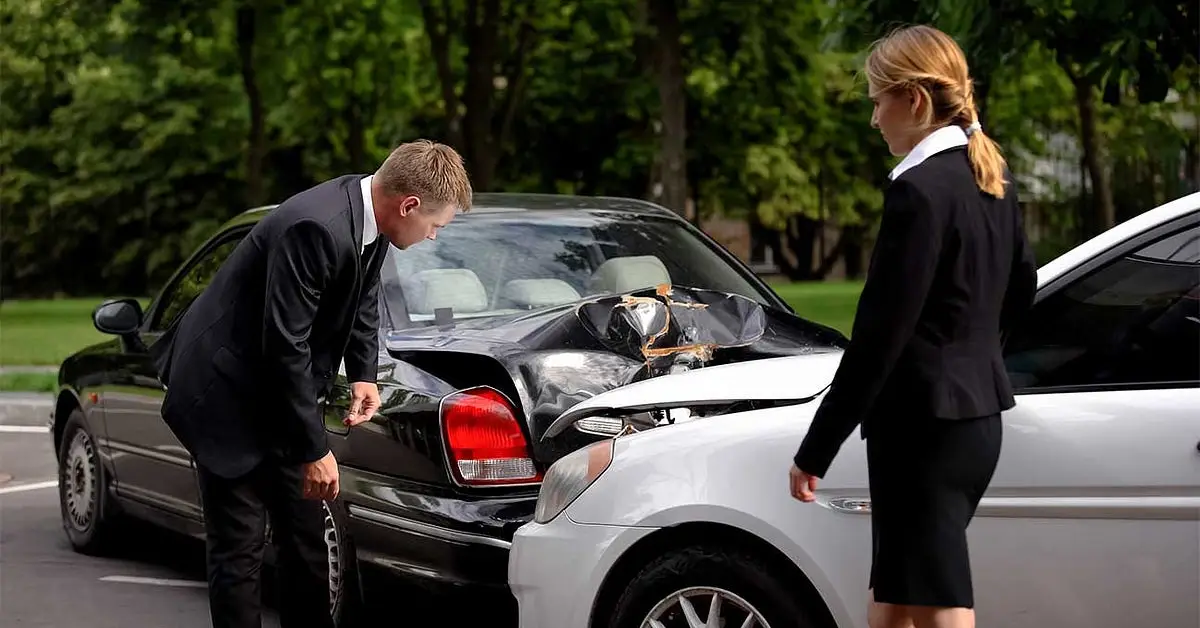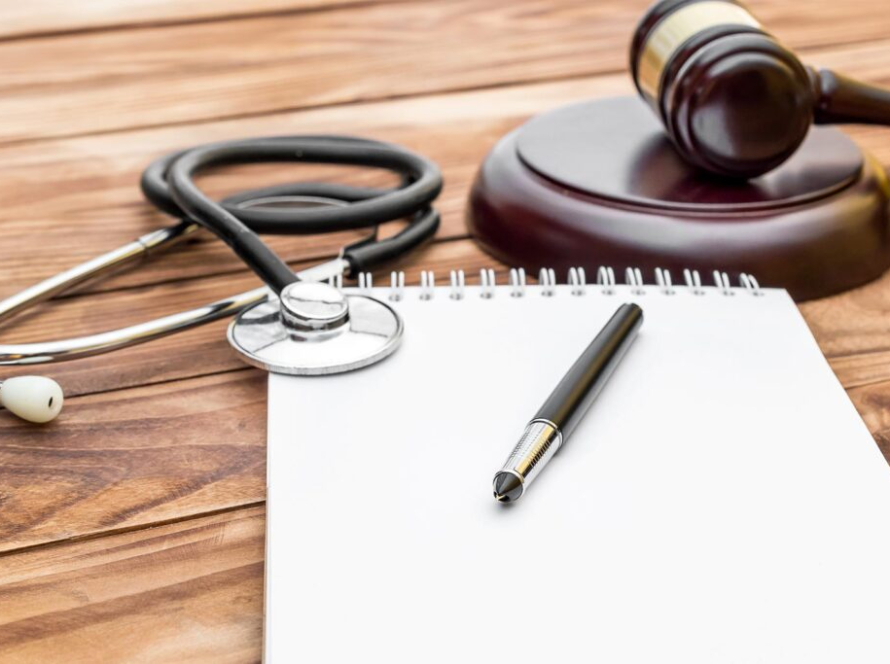Traffic accidents cause serious damage not only in terms of material losses but also in the psychological well-being of individuals. Victims and their relatives are entitled to claim moral damages, especially in accidents resulting in death or serious injury. As of 2025, the conditions for moral damages in traffic accidents have gained greater importance within the framework of the Turkish Code of Obligations and the case law of the Supreme Court.
What is Moral Damages?
Moral damages are a type of compensation paid to compensate for the mental anguish, sorrow, suffering, and emotional losses resulting from a traffic accident. Unlike material damages, it aims to compensate for the psychological harm suffered by the individual rather than the value of the property lost.
Courts act in accordance with the principle of fairness when determining the amount of moral damages. The aim is not to completely eliminate the victim’s pain, but at least to ensure that the harm suffered is partially remedied.
Legal Basis for Moral Damages in Traffic Accidents
Claims for moral damages in traffic accidents, primarily Article 56 of the Turkish Code of Obligations is based on the Highway Traffic Law and Supreme Court decisions.
- Article 56 of the Turkish Civil Code: In cases of serious bodily injury or death, the victim’s relatives also have the right to claim moral damages.
- Highway Traffic Law: Defines the areas of responsibility for drivers, vehicle owners, and insurance companies.
- Supreme Court precedents: These provide guidance on the amount and scope of moral damages.
Conditions for Compensation for Pain and Suffering in Traffic Accidents in 2025
Certain conditions must be met in order to claim moral damages. As of 2025, these conditions are as follows:
- Causal link between the accident and the damage: The moral damage must be directly attributable to the traffic accident.
- Fault status: The driver or vehicle operator at fault is liable for moral damages.
- Serious bodily injury or death: Moral damages are generally not accepted for minor injuries. Death, serious injury, or permanent disability are required.
- The victim and their relatives’ claim: Moral damages are subject to the claim. The judge cannot rule on their own initiative.
- Fairness: When determining the amount, the court takes into account the pain suffered by the victim, the financial situation of the parties, and the severity of the incident.
Who Can Claim Moral Damages?
As of 2025, the following individuals may claim moral damages in traffic accidents:
- A person who was seriously injured or suffered physical harm in the accident,
- The deceased person’s spouse, children, parents, siblings, and other close relatives,
- In certain cases, the Supreme Court of Appeals allows a fiancé or cohabiting partner to claim moral damages.
How is the Amount of Moral Damages Determined?
The amount of non-pecuniary damages is not calculated based on a predetermined fixed rate. Each case is assessed according to its own circumstances.
When making a decision, the judge considers the following criteria:
- The nature and consequences of the traffic accident,
- The victim’s age and social status,
- The economic strength of the parties,
- Defect rate,
- The Supreme Court’s precedents in similar cases.
For example, the amount of moral damages awarded to the relatives of a person who died at a young age may be higher than that awarded to the relatives of a person who died at an advanced age.
Insurance Company’s Liability for Moral Damages
The liability of insurance companies in claims for moral damages is a controversial issue. Compulsory traffic insurance only covers material damages. However, some decisions of the Supreme Court of Appeals have held that insurance companies may also be held liable for moral damages.
As of 2025, the general rule is as follows:
- Compulsory traffic insurance does not cover moral damages.
- However, the parties may provide coverage for moral damages through a supplementary policy.
- Courts mostly demand moral damages directly from the driver and vehicle operator who caused the accident.
Points to Consider When Claiming Moral Damages
- The claim must be clearly stated in the petition.
- Unlike material compensation, moral compensation is subject to the judge’s discretion.
- To avoid unjust enrichment, excessively high claims are generally rejected.
- Compensation for pain and suffering should not be confused with Social Security payments or amounts received from traffic insurance.
The Social Importance of Moral Damages
Compensation awarded in traffic accidents not only compensates the victim for their damages, but also serves as a deterrent in society. High compensation amounts can encourage drivers to be more careful.
- It fosters greater awareness among drivers to drive more carefully.
- Raises public awareness of traffic safety
- It contributes to the victims’ psychological relief, at least to some extent.
- Supports social peace by strengthening the sense of justice
Supreme Court Practices in Cases of Moral Damages in Traffic Accidents
In recent years, the Supreme Court has emphasized the principle of fairness in claims for moral damages.
- No award of non-pecuniary damages shall be made in the absence of death or serious injury.
- Compensation amounts are differentiated based on the degree of closeness.
- Economic conditions are taken into account when determining the amount of moral damages.
- The Supreme Court may overturn a decision based on excessive or symbolically low amounts.
The Importance of Documents in Claims for Moral Damages
In cases involving compensation for non-pecuniary damages, evidence must be presented in full for the court to render a correct and fair decision. Documents play a critical role both in proving the non-pecuniary damage and in determining its amount.
- Accident report and police report
- Hospital reports and treatment documents
- Death certificates and burial and population registration documents
- Psychological treatment and support reports
Supreme Court Criteria for Moral Damages
The Supreme Court has developed consistent criteria over the years in cases involving compensation for non-pecuniary damages resulting from traffic accidents. These precedents continue to guide courts in 2025.
- The severity of the incident and the fault ratio
- The social and economic status of the parties
- The age of the deceased or injured person
- The degree of victimization of family members
The Role of the Lawyer in a Moral Damages Lawsuit
Such cases require not only legal knowledge but also the correct interpretation of Supreme Court precedents. Therefore, obtaining legal counsel ensures that the process proceeds more quickly and without loss of rights.
- Proper preparation of the lawsuit petition
- Determining the amount to be claimed in a reasonable and equitable manner
- Submission of complete evidence to the file
- Preventing loss of rights during the appeal process
Recommendations for Traffic Accident Victims in 2025
- Be sure to collect the accident report and documentation after the accident.
- Keep hospital reports and treatment documents.
- Clearly document your material and immaterial damages.
- Be careful when dealing with insurance companies.
- Get legal support to avoid losing your rights.
The Importance of Legal Support
Claims for moral damages following a traffic accident are a matter requiring expertise. Cases that are not prepared in accordance with the proper procedure may result in loss of rights.
Therefore, seeking support from experienced attorneys such as Attorney Atakan Ayhan, who specializes in traffic accidents and compensation law, ensures both a faster resolution of the case and a fair determination of the requested compensation.
In 2025, the conditions for moral damages in traffic accidents are shaped within the framework of the Turkish Code of Obligations and Supreme Court decisions. Victims and their relatives can claim moral damages in cases of serious injury and death. The amount of compensation is determined by the judge, taking into account the characteristics of the incident and the principle of fairness.
Non-pecuniary damages lawsuits aim to remedy injustices by taking into account not only material losses but also the emotional distress suffered by individuals. Therefore, accurate legal knowledge and professional support play a vital role in ensuring the process is conducted fairly and effectively.




